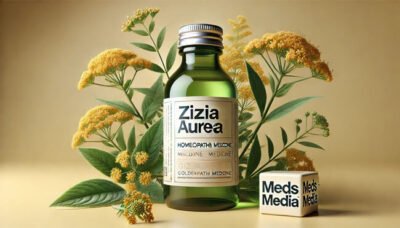
Rhus Toxicodendron, commonly known as Poison Ivy, is a well-established homeopathic remedy with a wide range of applications. It is particularly effective in treating conditions related to skin eruptions, rheumatic pains, mucous membrane affections, and typhoid-like fever. This remedy acts profoundly on fibrous tissue, joints, tendons, and ligaments, producing stiffness and pain. The personality of Rhus Toxicodendron patients reflects the core essence of the remedy—characterized by restlessness, emotional turmoil, physical stiffness, and a need for constant movement to feel relief. Rhus Toxicodendron is frequently indicated in cases of strain, injuries, or exposure to cold and damp environments.
Rhus Toxicodendron Personality
The Rhus Toxicodendron personality is primarily defined by its response to discomfort and pain, both physically and mentally. The individual typically feels better with movement, as motion brings temporary relief. This personality is often restless, plagued by mental and physical agitation, and unable to stay in one position for long. They seek warmth and activity to counterbalance their suffering, finding it worse when they are idle, cold, or wet.
Mental and Emotional Characteristics
- Restlessness and Agitation: The most defining mental trait of the Rhus Toxicodendron personality is an extreme restlessness. The individual is constantly shifting position, feeling a sense of unease that can be temporarily soothed by movement or change. This correlates with the patient’s physical state, where motion alleviates pain, reflecting a deeper mental need for change and activity.
- Sadness and Melancholy: Rhus patients often exhibit feelings of sadness and depression, particularly in the evening or after exposure to stress or illness. They may feel emotionally drained, despondent, and even have thoughts of suicide. This emotional state often worsens during periods of inactivity or rest.
- Fear and Delirium: At its extreme, Rhus Toxicodendron patients may experience delirium with irrational fears, such as a fear of being poisoned. They may become confused and anxious, especially at night, and suffer from apprehension, unable to rest or stay in one place for long periods.
Physical Characteristics
- Stiffness and Pain: Rhus Toxicodendron individuals suffer from stiffness, particularly after rest or inactivity. This pain is often alleviated by movement, which is why these individuals frequently shift their position to find relief. The pain usually affects the joints, tendons, and ligaments, making this remedy essential in treating rheumatic conditions.
- Skin Afflictions: Rhus Toxicodendron is strongly associated with skin conditions like erysipelas, cellulitis, and various forms of herpes or eczema. The skin often appears red, swollen, and intensely itchy, with burning sensations. Conditions such as vesicular eruptions and urticaria are common, with a tendency for the skin to blister and suppurate.
- Cold Sensitivity: Rhus Toxicodendron individuals have an aversion to cold and damp environments, which aggravate their symptoms. They tend to feel better in warm, dry weather and worse when exposed to cold, wet rainy weather. Fresh cold air makes the skin painful, and cold dampness intensifies joint stiffness.
Behavioral Patterns
- Constant Motion: The Rhus Toxicodendron patient is never still. They feel better when moving and worse when at rest. Whether in bed, at home, or walking, they will be compelled to shift positions, stretch their limbs, or change their surroundings. Movement provides relief from their physical pain and mental anguish.
- Reaction to Exertion: Despite benefiting from motion, these individuals are sensitive to overexertion, which may lead to exhaustion or even symptoms like trembling and paralysis. Prolonged activity may induce muscle fatigue and worsening of symptoms, making rest necessary, but only for short periods.
Associated Diseases
Rhus Toxicodendron is used to treat a range of conditions, including:
- Rheumatism and Arthritis: This remedy is ideal for those suffering from rheumatism, especially in cold, damp weather, where movement improves the condition. The joints are often hot, swollen, and stiff.
- Skin Disorders: It is frequently prescribed for skin afflictions like eczema, herpes, cellulitis, and urticaria, where the skin is inflamed, red, and itchy.
- Infections and Sepsis: Rhus Toxicodendron is indicated in cases of septicemia and early-stage infections such as carbuncles or boils. It is effective in conditions with swelling of glands and the formation of pus.
- Neurological Symptoms: Conditions involving numbness, tingling, and trembling in the limbs, often after overexertion or exposure to cold, are typical indications for Rhus Toxicodendron.
- Typhoid Fever: Rhus is used in typhoid-like fevers, where symptoms include restlessness, trembling, and an adynamic state with looseness of bowels, often accompanied by a dry, cracked tongue.
Miasmatic Personality of Rhus Toxicodendron
The miasmatic background of Rhus Toxicodendron can be linked to the sycotic miasm, characterized by suppression of symptoms and chronic conditions that manifest in an external, visible manner, such as skin eruptions or joint stiffness. The psoric element can also be seen in the itching, irritation, and general discomfort in the skin and mucous membranes.
This personality type represents individuals whose symptoms are aggravated by damp conditions, inactivity, and cold, while warmth and motion provide relief. The overall state of Rhus patients is one of constant discomfort, which leads to a never-ending search for movement and activity to break the cycle of suffering.
Conclusion: The Rhus Toxicodendron personality is defined by its unique response to movement, physical discomfort, and environmental factors like cold and dampness. These individuals exhibit emotional restlessness, mental agitation, and physical symptoms that improve with motion but worsen during inactivity. Understanding this remedy’s personality profile is crucial for effective treatment in homeopathy, offering a holistic view of the mind-body connection in Rhus patients.
RHUS TOXICODENDRON: HOMEOPATHIC MATERIA MEDICA
Why Meds Media guides are different
We focus on clear, practical explanations of homeopathic and natural health topics so you can understand remedies, symptoms, and lifestyle changes in simple language.
Meds Media is an educational resource only. Always consult a qualified doctor or homeopathic practitioner before starting, stopping, or changing any treatment.
Similar Posts You may also like
Zincum Picricum Homeopathic Medicine & Personality | Uses, Benefits & Indications
Zincum Phosphoricum Homeopathic Medicine & Personality | Uses, Benefits & Indications
Zincum Iodatum Homeopathic Medicine & Personality | Uses, Benefits & Indications
Zincum Bromatum Homeopathic Medicine & Personality | Uses, Benefits & Indications
Zea Homeopathic Medicine & Personality | Uses, Benefits & Indications
Zincum Aceticum Homeopathic Medicine & Personality | Uses, Benefits & Indications
Zincum Cyanatum Homeopathic Medicine & Personality | Uses, Benefits & Indications
Zincum Muriaticum Homeopathic Medicine & Personality | Uses, Benefits & Indications
Zincum Oxydatum Homeopathic Medicine & Personality | Uses, Benefits & Indications
Zincum Sulphuricum Homeopathic Medicine & Personality | Uses, Benefits & Indications
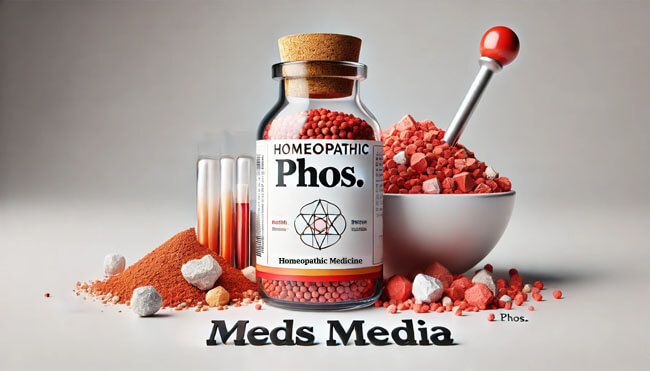
Phosphorus Homeopathic Medicine & Personality | Uses, Benefits & Indications
Causticum Homeopathic Medicine & Personality | Uses, Benefits & Indications

Veratrum Viride Homeopathic Medicine & Personality | Uses, Benefits & Indications
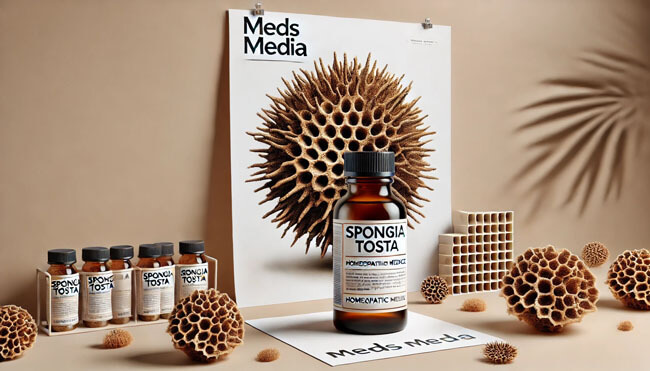
Spongia Tosta Homeopathic Medicine & Personality | Uses, Benefits & Indications
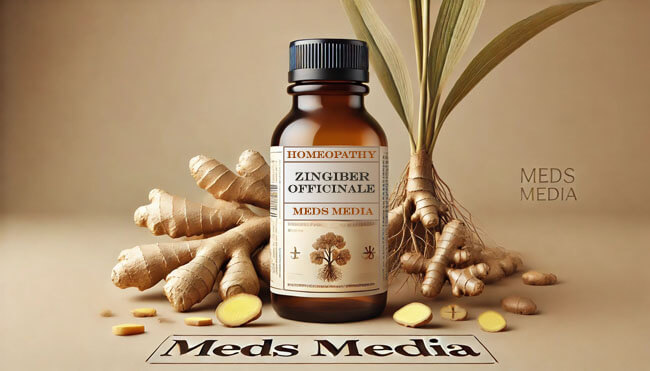
Zingiber Officinale Homeopathic Medicine & Personality | Uses, Benefits & Indications

Sulphur Homeopathic Medicine & Personality | Uses, Benefits & Indications
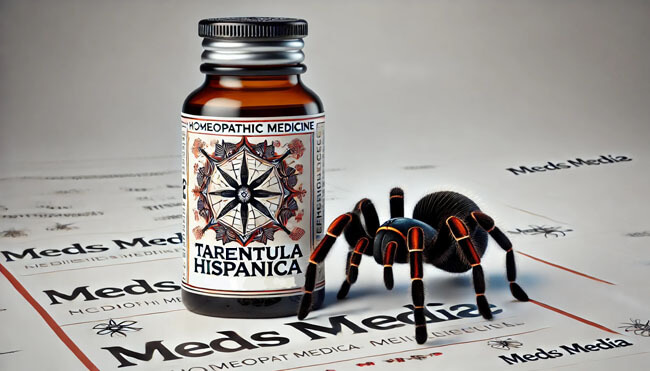
Tarentula Hispanica Homeopathic Medicine & Personality | Uses, Benefits & Indications


